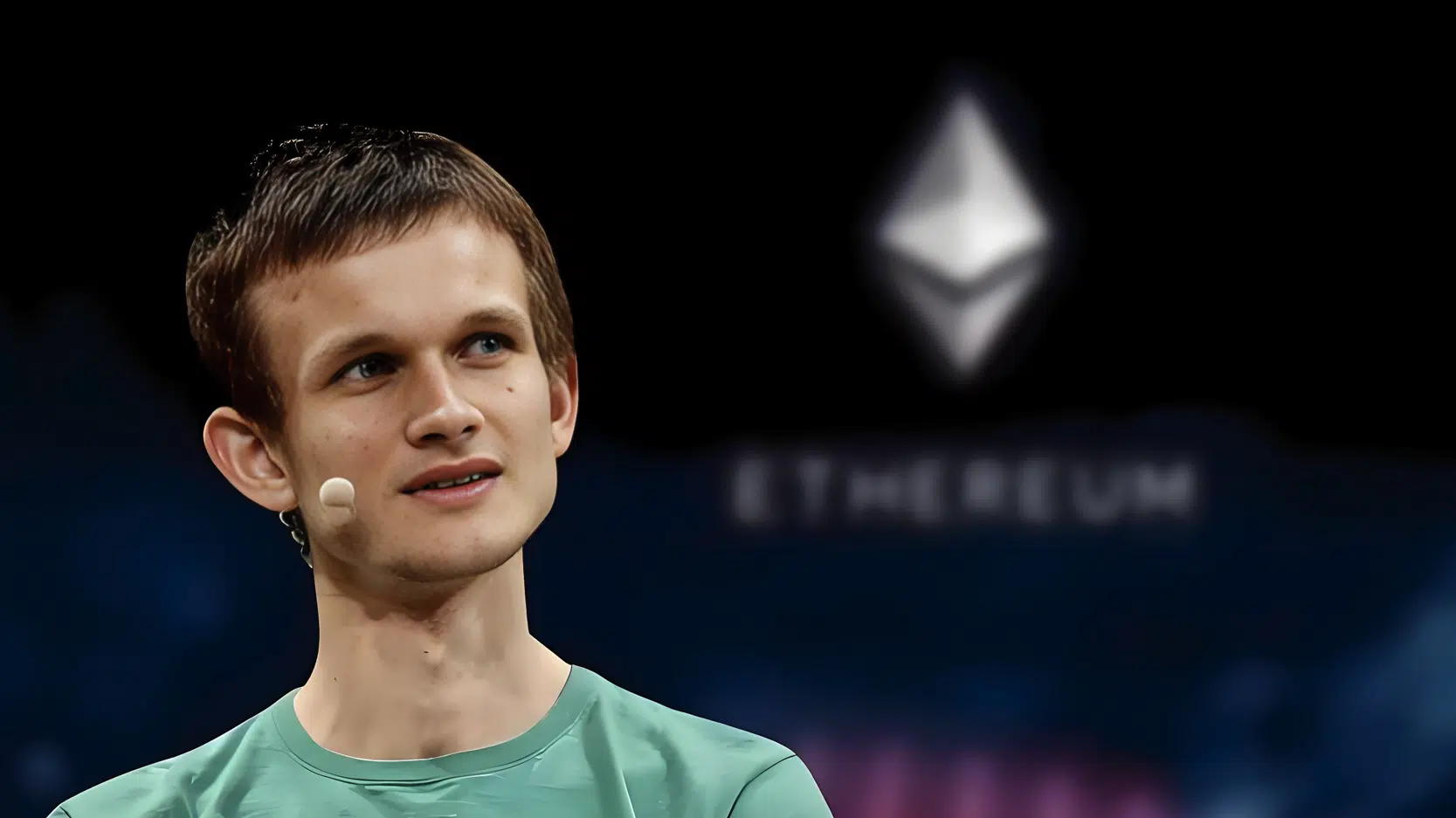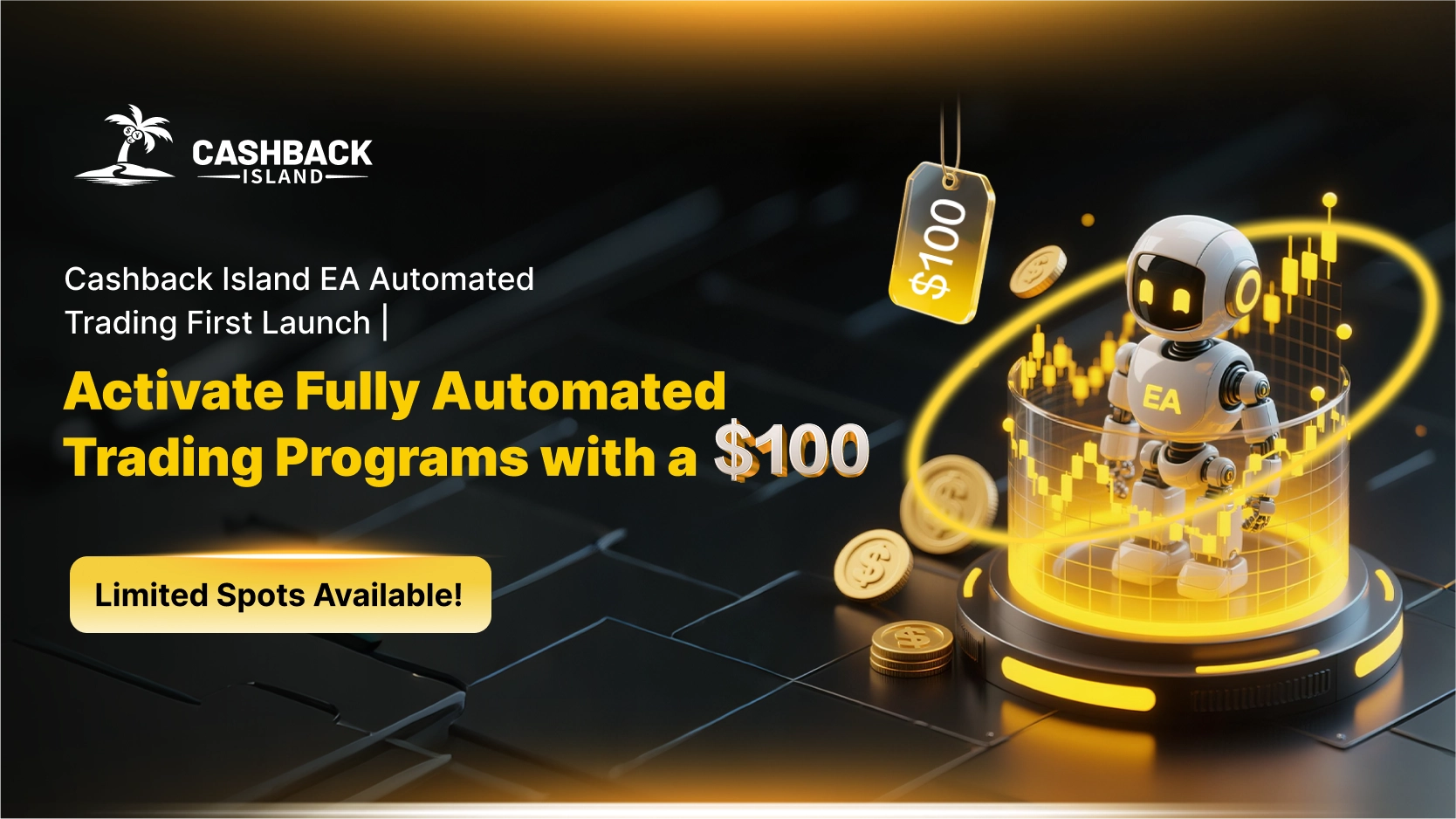A Complete Guide to the Founders of Ethereum: The Kingdom of Vitalik, the Foundation, and the Community
Foreword
Are you curious about who founded Ethereum, the cryptocurrency with the second-highest market cap after Bitcoin? And which organizations are driving its continuous development? Many people have only heard of “V-God” but don’t understand the grand blueprint of the entire Ethereum ecosystem. This article will take you deep into the world of Ethereum’s key figure, Vitalik Buterin, and provide a comprehensive analysis of the What is Ethereum Foundation, the Enterprise Ethereum Alliance, and the vibrant global community, helping you understand at a glance who is building this decentralized future.
The Soul of Ethereum: Founder Vitalik Buterin (V-God)
When talking about Ethereum, one cannot fail to mention its founder—Vitalik Buterin, a legendary figure revered as “V-God” in the cryptocurrency world. His vision not only gave birth to Ethereum but also unlocked the infinite possibilities of blockchain applications.
A Young Genius: Vitalik Buterin’s Early Years and Encounter with Bitcoin
Vitalik Buterin was born in Russia in 1994 and later immigrated to Canada. From a young age, he displayed an astonishing talent for mathematics and a passion for programming. In 2011, at the age of just 17, Vitalik first heard about Bitcoin from his father. Although initially uninterested, after in-depth research, he became deeply captivated by the decentralized charm of blockchain technology.
He began writing articles for “Bitcoin Weekly” and co-founded Bitcoin Magazine with a partner in late 2011, becoming an important early voice in the field. This experience gave him a profound understanding of the potential and limitations of blockchain technology, far beyond his peers.
The Birth of the Whitepaper: The Grand Vision of Creating a “World Computer”
Through his deep involvement in the Bitcoin community, Vitalik realized that while the Bitcoin protocol was great, its scripting language had limited functionality, making it difficult to support more complex applications. He believed that blockchain should be more than just a currency; it should be a globally shared, decentralized computing platform. To use an analogy, if Bitcoin is the “calculator” of the blockchain world, Vitalik wanted to create an “operating system” capable of running countless applications.
Based on this idea, he released the “Ethereum Whitepaper” in late 2013, proposing the concepts of smart contracts and decentralized applications (DApps). This grand vision, dubbed the “world computer,” quickly captured the attention of developers and investors worldwide, laying the foundation for Ethereum’s birth.
V-God’s Role and Influence in Today’s Ethereum Community
Although Vitalik is the founder of Ethereum, he does not have absolute control like the CEO of a traditional company. Ethereum is a decentralized network, and its development is driven by a global community of developers, researchers, and users. V-God acts more like a spiritual leader and chief scientist. He continues to contribute his wisdom in areas such as technical research and roadmap planning (like the transition from Proof of Work (PoW) to Proof of Stake (PoS)). His views hold significant weight in the community, but final decisions still require broad community consensus.
💡 Recommended Article
Want to understand how blockchain works from scratch? We recommend reading:
【The Ultimate Guide to Web3】Understand Blockchain Applications, DePIN, TGE & IEO in One Article
The Guardian of the Ecosystem: The Ethereum Foundation (EF)
If V-God is the “architect” of Ethereum, then the Ethereum Foundation (EF) is the “chief engineer” and “guardian” of this magnificent structure. It is a non-profit organization dedicated to supporting the development of Ethereum and related technologies.
What is the Foundation? A Non-Profit Support Organization
The Ethereum Foundation was established in Switzerland in 2014. Its core mission is not to control or lead Ethereum, but to nurture and support the growth of the entire ecosystem. It doesn’t issue commands; instead, it ensures the healthy and sustainable development of Ethereum through funding, research guidance, and resource coordination. You can think of it as a gardener who waters, fertilizes, and protects the great tree of Ethereum, allowing it to grow freely and strong.
Key Responsibilities: Research, Development, and Ecosystem Funding
The Foundation’s responsibilities mainly cover the following areas:
- Core Protocol R&D: Investing significant resources to support the research and upgrades of the Ethereum core protocol. For example, the historic “Merge” upgrade was coordinated by the Foundation with numerous research teams.
- Ecosystem Funding: Through its Grant Program, it funds promising projects, developers, and research teams worldwide, covering areas like infrastructure, development tools, and community education.
- Education and Outreach: Organizing developer conferences (like Devcon) and publishing technical documentation to popularize Ethereum knowledge among developers and the public globally.
How Does It Operate? Understanding the Foundation’s Core Team and Projects
The Ethereum Foundation’s funding primarily comes from the Ether (ETH) it holds from the 2014 initial coin offering (ICO). The Foundation is led by an executive board and has several research and development teams with members located worldwide. Their work is highly transparent, with many research discussions taking place on public forums (like EthResearch), where anyone can participate.
To learn more official information, you can visit the Ethereum Foundation Official Website.
Connecting Enterprises and Blockchain: The Enterprise Ethereum Alliance (EEA)
Besides the development of the underlying technology, enterprise adoption is crucial for blockchain to truly go mainstream. This is the mission for which the Enterprise Ethereum Alliance (EEA) was created.
What is the EEA? Why Do Enterprises Need It?
The EEA is a member-driven standards organization whose goal is to build, promote, and support Ethereum-based best practices, open standards, and open-source reference architectures for enterprise users. In simple terms, the EEA acts as a bridge, connecting the open blockchain world of Ethereum with the business needs of traditional enterprises.
When applying new technologies, enterprises often need to consider issues like compliance, privacy, performance, and interoperability. The EEA exists to address these pain points, allowing businesses to develop and innovate within the Ethereum ecosystem with greater confidence.
The Goal of the EEA: Establishing Enterprise-Grade Ethereum Standards and Practices
The core objective of the EEA is to promote Ethereum as an enterprise-grade blockchain platform. It does not develop software but focuses on creating detailed technical specifications, such as:
- Privacy: How to handle sensitive business data on the blockchain.
- Scalability: How to meet the high-throughput demands of enterprise-level applications.
- Interoperability: How to enable different enterprise blockchain systems to communicate with each other.
Who are the Members? Industry Giants from Microsoft to J.P. Morgan
The EEA’s member list is star-studded, attracting giants from various industries. This not only demonstrates the appeal of Ethereum technology but also provides a powerful endorsement for its development in the enterprise market.
| Company Name | Industry |
|---|---|
| Microsoft | Technology |
| J.P. Morgan | Finance |
| Accenture | Consulting |
| ConsenSys | Blockchain Technology |
The True Cornerstone of the Ecosystem: The Active Ethereum Community and Forums
If V-God is the brain, the Foundation is the heart, and the EEA is the arms, then the millions of Ethereum enthusiasts, developers, and users worldwide are the true cornerstone, forming every cell of this living organism. It is this vibrant, decentralized community that gives Ethereum its infinite vitality.
The Power of Decentralization: How Do Ethereum Enthusiasts Contribute?
In the world of Ethereum, anyone can be a contributor. Contributions come in many forms:
- Developers: Developing DApps, writing smart contracts, improving client software.
- Researchers: Exploring cutting-edge theories like cryptography and economic models.
- Node Operators: Running Ethereum nodes to maintain the network’s security and stability.
- Content Creators: Writing articles, making videos, and educating the public about Ethereum.
- Regular Users: Participating in community discussions, reporting bugs, and supporting promising projects.
Recommended Popular Ethereum Forums and Information Sources
Want to interact with the Ethereum community or get firsthand information? Here are a few must-visit platforms:
- Reddit (r/ethereum): The most active general discussion forum for Ethereum, covering everything from beginner questions to in-depth technical debates.
- EthResearch (ethresear.ch): The main hub for Ethereum core researchers. The content is very technical and suitable for readers who want a deep dive into the underlying technology.
- Twitter (X): Following Vitalik Buterin (@VitalikButerin) and many core developers is the best way to get real-time updates.
- Zhihu: In the Chinese-speaking world, there are many high-quality columns and in-depth discussions about Ethereum, making it a great place for enthusiasts to connect.
How to Become a Member of the Ethereum Community? Start by Participating in Discussions
Becoming part of the community is easier than you think. You can start by lurking and reading topics that interest you on the forums mentioned above. When you have an opinion on a certain issue, don’t hesitate to voice it. The core culture of the Ethereum community is friendly, open, and willing to share. Don’t be afraid to ask questions, because everyone’s participation contributes to the prosperity of this ecosystem.
💡 Recommended Article
Curious about how Ethereum works? We recommend reading:
A Beginner’s Guide to Investing in Ethereum: How to Buy Ether? 5-Step Tutorial and Risk Analysis
Conclusion
From the genius concept of founder Vitalik Buterin to the steady support of the Ethereum Foundation, the bridging role of the EEA for enterprises, and the joint construction by millions of enthusiasts worldwide, Ethereum’s success is no accident. It is a decentralized marvel, a product of the combined forces of vision, support, standards, and community power. It is not a company, but an ever-evolving, organic ecosystem.
We hope this panoramic guide helps you understand the Ethereum ecosystem more deeply and find your starting point to participate in this great revolution. Whether you are a developer, an investor, or just a curious explorer, the world of Ethereum is open to you. Share this article with more friends who are interested in Ethereum now!
FAQ (Frequently Asked Questions)
❓Can Vitalik Buterin still control Ethereum today?
No. As the founder, Vitalik Buterin has extremely high prestige and influence in the community, and his opinions are highly respected. However, he does not have any “super-user” privileges to directly modify or control the Ethereum network. Upgrades and changes to Ethereum must go through the Ethereum Improvement Proposals (EIPs) process and require broad consensus from the developer community and node operators to be implemented. This decentralized governance model is the cornerstone of the network’s security and resilience.
❓What is the difference between the Ethereum Foundation and the Enterprise Ethereum Alliance (EEA)?
Their roles are completely different. You can think of it this way: the Ethereum Foundation is like a “scientific research institute,” focusing on basic science research and public infrastructure development that serves the entire open Ethereum public chain ecosystem. It is a non-profit organization. The EEA, on the other hand, is like an “industry association,” focused on creating business application standards and best practices to help enterprises use Ethereum technology more securely and efficiently. It serves its corporate members.
❓As a beginner, how can I get involved in the Ethereum community?
Participation can be as simple or as involved as you like. The easiest way to start is by learning and discussing:
- Read: Follow industry news, read introductory articles and whitepapers.
- Join Discussions: Follow relevant topics on platforms like Reddit, Twitter, and Zhihu, and try asking questions or sharing your views.
- Experience DApps: Try using some Ethereum-based applications, such as decentralized exchanges (DEXs) or NFT marketplaces, to get firsthand experience.
- Learn to Develop: If you have a programming background, you can try learning the Solidity language and writing your first smart contract.
❓Does the Ethereum Foundation use its funds to influence the price of Ether?
No. The primary mission of the Ethereum Foundation is to support the long-term healthy development of the ecosystem, not to engage in short-term market manipulation. Although the Foundation holds a significant amount of ETH for operational funds, its financial operations are very transparent and follow strict guidelines. They periodically sell small amounts of ETH to cover R&D, grants, and operational expenses, but these actions are intended to sustain the organization, not to manipulate the market price. Their goal is to increase Ethereum’s intrinsic value, not its short-term price.
Related Articles
-
As the announcement of the 2025 Budget on February 26, 2025, approaches, Hong Kong society is closely watching how the government will balance the need for relief measures with structural reforms amidst the pressure of its HK$680 billion fiscal reserves. Financial Secretary Paul Chan Mo-po's recent emphasis on "precision in...2025 年 10 月 11 日
-
The Hong Kong Securities and Futures Commission (SFC) officially granted operating licenses to two cryptocurrency trading platforms—PantherTrade and YAX—on January 27, 2025, further promoting the compliant development of Hong Kong's crypto market. Since launching its licensing program in mid-2024, the SFC has issued licenses to seven Virtual Asset Trading Platforms...2025 年 10 月 11 日
-
As the U.S. Consumer Price Index (CPI) for January exceeded expectations, market forecasts for the Federal Reserve's future monetary policy shifted, causing the U.S. Dollar Index to rise rapidly and leading to a pullback in gold prices. However, despite this pressure, the gold market still shows potential for growth, primarily...2025 年 10 月 11 日












